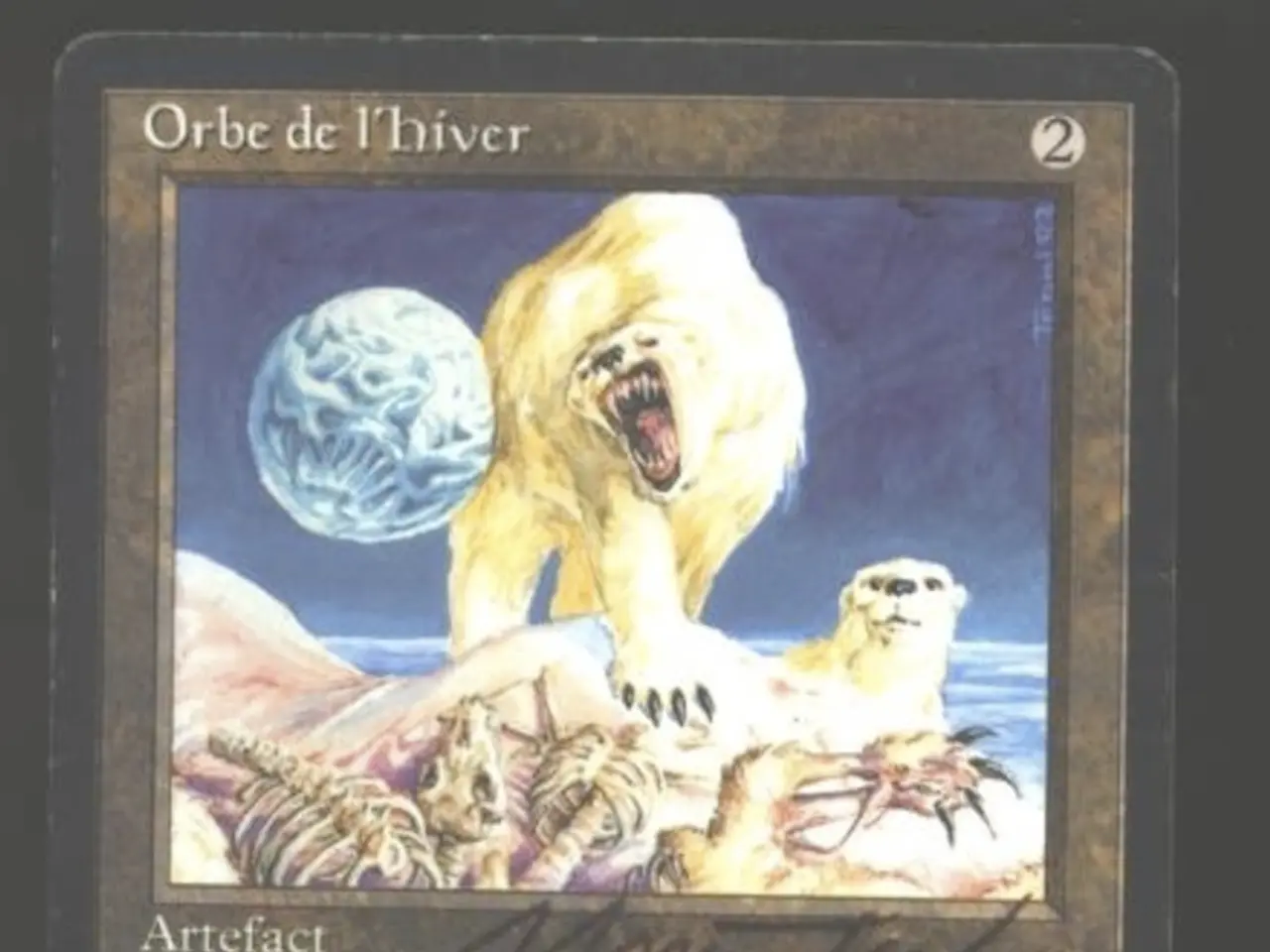Researchers achieving Ig Nobel prize for investigating whether painting cows with stripes deters fly attacks
The 35th annual Ig Nobel Prize ceremony, organised by the Annals of Improbable Research, took place at Boston University with an unusual twist. The audience began the event by pelting the stage with paper airplanes, setting the tone for an evening filled with laughter and intrigue.
One of the most peculiar yet effective scientific achievements recognised was the work of a team of Japanese researchers, led by Tomoki Kojima. They painted cows with zebra-like stripes to prevent flies from biting them. The painted cows, according to the researchers, had fewer flies attracted to them and seemed less bothered by flies. This innovative approach earned them the Ig Nobel Prize for comical scientific achievement.
Another interesting study presented at the ceremony was conducted by a team of international scientists who looked at whether giving alcohol to bats impaired their ability to fly. The researchers found that, surprisingly, drinking alcohol sometimes improves a person's ability to speak a foreign language.
The physics of pasta sauce was also a topic of discussion at the ceremony. A team of European researchers, including Fabrizio Olmeda from the Institute of Science and Technology Austria (ISTA) and his colleagues from the Max Planck Institute in Dresden, the University of Padua, and the University of Barcelona, won the Ig Nobel Prize 2025 for their work in this area. One of the researchers even dressed as a big ball of mozzarella cheese during the study.
Decades were dedicated by a researcher to studying fingernail growth, a topic that may seem mundane but can provide valuable insights into human health.
The Ig Nobel Prize ceremony is a celebration of the unusual, the quirky, and the downright strange in scientific research. Each winner was given a single hand wipe instead of a big paycheck, symbolising the humorous and light-hearted nature of the event.
This year's ceremony was a testament to the fact that science is not always serious business, and sometimes, the most unexpected discoveries can be made.





